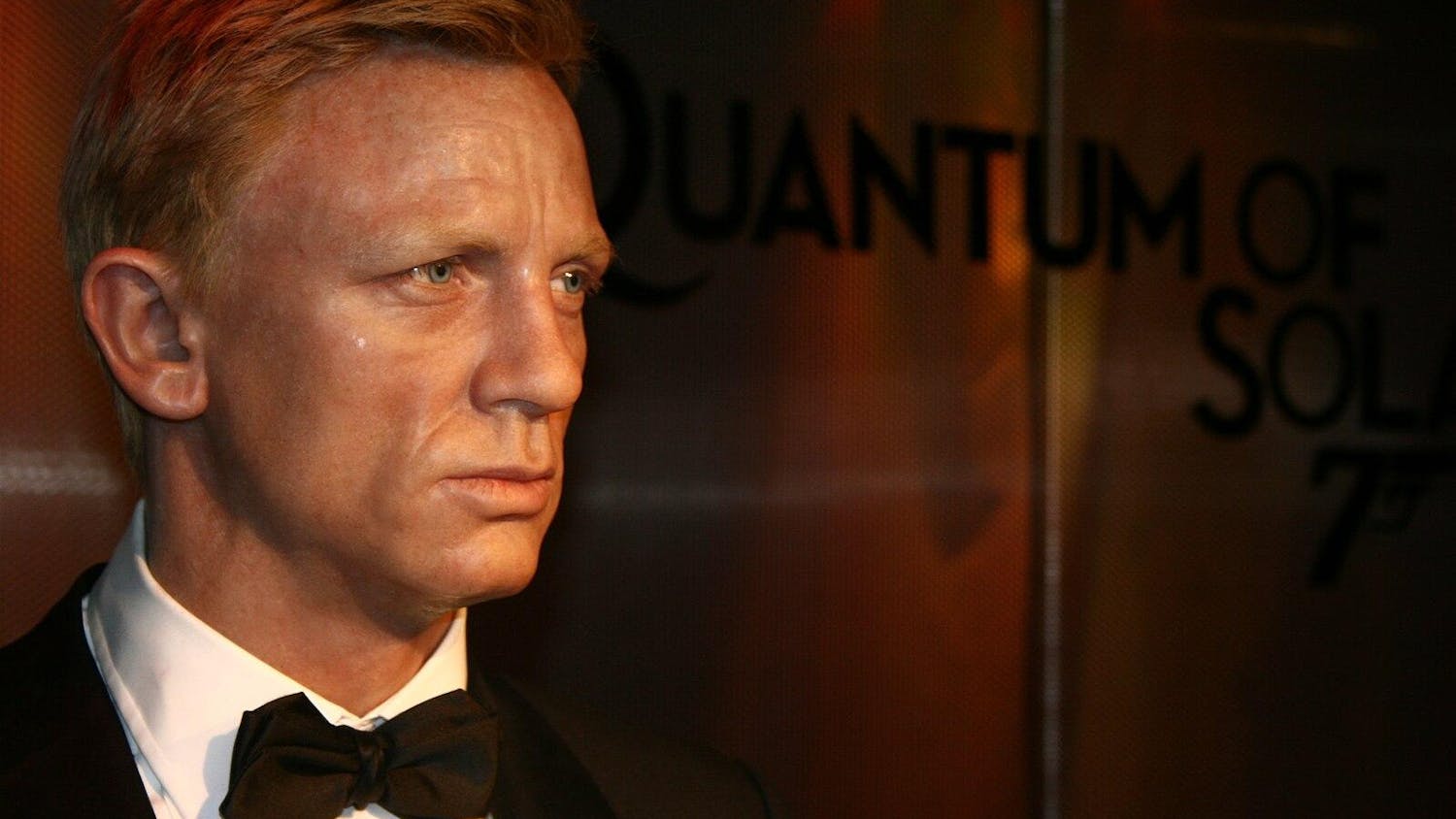Some films leave you smiling. Others leave you shaking your head in utter disappointment. Then, there are those forgettable films that earn a simple shrug and a "so what?" Though "Oranges and Sunshine" tries desperately to avoid this outcome, it fully succumbs to the latter category.
Emily Watson stars as Margaret Humphreys, an English social worker living a quiet life with her husband and children in Nottingham. When she is enlisted to find the mother of a woman who, as a child, was shipped from England to Australia, Margaret comes to learn of a government scheme to mass deport children to British colonies, which lasted up until the 1970s. Armed with this knowledge, Margaret takes on the task of reuniting traumatized men and women with their lost families.
The story follows Margaret as she travels back and forth between England and Australia, working to find the parents of the now−adult children affected by Britain's ploy. Most of these victims were forced into physical labor upon arrival to their designated colony, rather than being given the pleasant "oranges and sunshine" they were promised. As Margaret delves further and further into the scandal, receiving publicity, government attention and numerous threats, the pressures of the job slowly wear on her, and the problems of the people she is trying to help become her own.
In all fairness, there is nothing grossly wrong with "Oranges and Sunshine." It is based on an amazing true story — one that is far too under−publicized, yet well worth learning about. It boasts talented performances from the likes of Hugo Weaving and David Wenham, who respectively play Jack and Len, two of the men Margaret is trying to help. It even features a triumphant emotional climax sure to move any viewers.
Yet, despite these positive aspects, "Oranges and Sunshine" never surpasses mediocrity.
Much of this blame can be placed on the film's protagonist, Margaret, who denies audiences the opportunity to connect. Because the movie has an exposition that lasts all of five minutes before it leaps into the thick of the plot, the audience isn't given a chance to know their hero, and Margaret remains far too undeveloped. This trend continues for most of the film. Only near the film's climax does she gain any depth, as her flaws are finally expressed and she begins her downward spiral. This development proves to be too little, too late, however, as the audience is no longer capable of caring what happens to Margaret.
In short, Margaret is a flat character. One would think that Watson, undoubtedly a talented actress, might have brought some life to the character. Unfortunately, her performance was lackluster.
Visually, the film doesn't arouse much emotion either. Filmed mainly in Australia and England, a plethora of vivid images were imaginably at the filmmaker's disposal. Yet, despite its bright title, "Oranges and Sunshine" features a dull color palette and fails to employ any original filmmaking techniques. Aside from a few clips of London's skyline and one spectacular scenic image near the climax, there are few shots worth remembering.
A well−crafted script could have done wonders for this film, especially since its main cast is comprised of spectacular actors. Again, though, "Oranges and Sunshine" misses the mark; its dialogue can only be described as forgettable. It often feels more like a documentary of a day in the life of a social worker instead of a feature film.
Because Humphreys' story takes place over such a stretched−out period of time and across two continents, the film has a lot of ground to cover. Though it manages to succeed in telling her story, it does so choppily, arbitrarily jumping between Australia and England with little sense of time or place.
This jerky lack of finesse results in a severe sense of disunity between the audience and the world on the screen, which further distances viewers from the protagonist.
While there are a few highlights in the film — specifically the moral of the story and its scenic climax — overall, "Oranges and Sunshine" is unremarkable. Scenes mesh together and are forgotten before they even finish.
It is a real shame that "Oranges and Sunshine" failed to be something great. Whether or not this is due to director Jim Loach's greenness — this is his first feature film — is up for debate.
Regardless, though "Oranges and Sunshine" has an honestly compelling story to tell, its clunky execution morphs Britain's child deportation scheme into a minor footnote in history.





